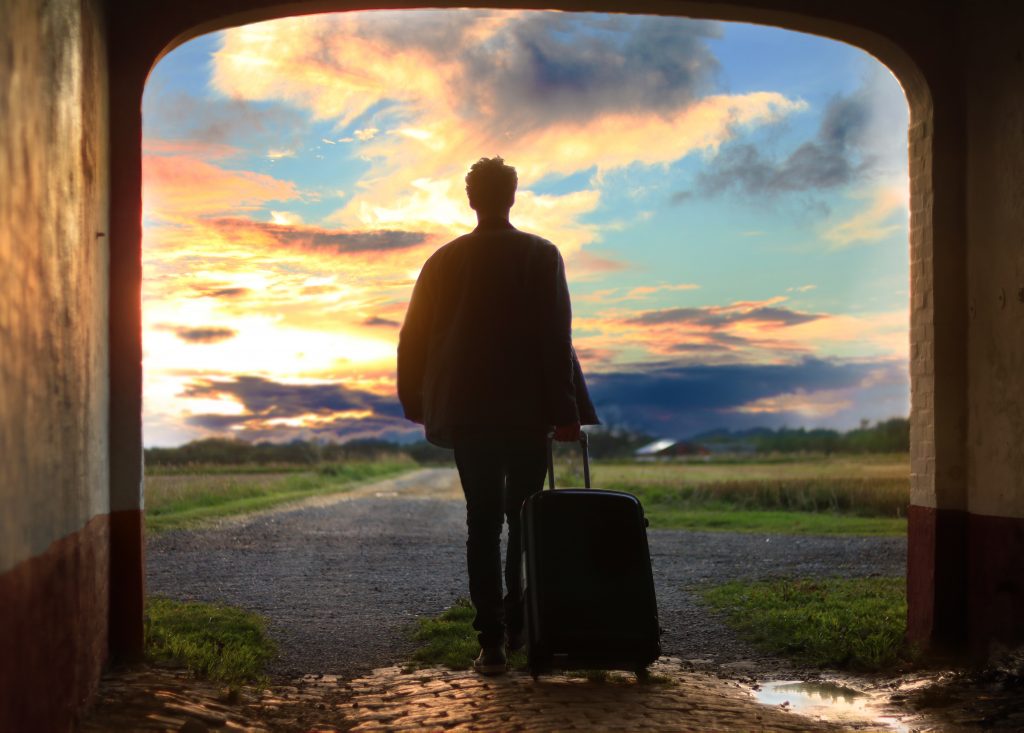
November 25, 2019 | Airbnb
Is it time to say good-bye to Airbnb and other short-term rental companies here in Toronto? Some may be asking that question after the big changes that have come through this month.
In a nutshell, an Ontario tribunal has upheld the restrictive Toronto regulations on short-term rentals, dominated by Airbnb. It will seriously limit most of our city’s Airbnb hosts and any other home sharing service, like VRBO. It’s been nearly two years since Toronto council voted to amend our zoning bylaws to crack down on what they call “ghost hotels.”
The new rules apply to homeowners and tenants alike. Both must restrict their short-term rentals to 180 days per year, and rentals must be restricted to a homeowner’s principal residence. Landlords cannot rent out any secondary suites like a basement apartment. Of course, there will be appeals, but I’m not sure anyone is going to have much luck turning back this ruling now.
For those folks who currently run short-term rentals, the ruling may allow for some hosts to grandfather in their current short -term business. The tribunal may allow for short-term rental units created before the new bylaws passed to qualify as “legal non-conforming” So, for those who already have short-term Airbnbs, you may still be ok. But let’s stress the emphasis is on MAY. Time will tell on that one.
Now that this rules have been solidified, who will be the winners and losers of this decision? Let’s take a look:
WINNERS
- RENTERS: I think the City of Toronto has been under significant pressure to do something about the acute rental shortage. Vacancy rates falling as low as 1.1% this year. In fact, it has stubbornly hovered around the 1% mark for awhile now, far lower than the average Toronto vacancy rate. With this tight vacancy rate, we’ve seen the steep rise in rents. We have witnessed the tap dance some renters need to do to land a place. I know with any long-term units I have rented out of my own. I receive quite a few amazing, qualified tenant options. I feel bad having to turn down very good tenants. There is a bright spot for tenants now. With this new legislation, the number of Airbnb rentals for the future will be significantly reduced. Though I don’t know if it will make a huge difference on the vacancy rate of long-term rentals, it will allow more units to be available for long-term renters than short-term ones.
- HOTELS AND B&Bs: It is estimated that more than half of all vacation rentals go through short-term rentals like Airbnb. No doubt hotels have taken a hit for that one. Now that the number of short-term rentals will be reduced, visitors will be looking at hotels again while visiting Toronto.
LOSERS
- AIRBNB: This has to be the biggest loser in all this. This will put the breaks on their expanding business. This will make stocks in Airbnb seem a lot less appealing. Toronto is not the first city to put up a fuss on short-term rentals. Many other cities, like Vancouver, already have restrictions on Airbnb. So, Airbnb is probably spending a lot of money fighting different cities. But one thing seems to be sure: There is much momentum around the world limiting Airbnb.
- AIRBNB HOSTS: This is the obvious one, but I think we need to be more specific. It is the people who are thinking of becoming a host that will suffer the most. The 180 day restriction may not make it worth someone’s while to go through all the effort of buying furniture and hosting new people every week. It may simply not be worth the time and money. The numbers would have to make it worth your while. If the grandfathered Airbnb hosts can hold on to their current Airbnb properties, then they should be okay, but that is still a pretty big “if”.
- LANDLORDS AND LANDLADIES: I’m not sure landladies and landlords are going to lose out too much, but one can argue that with fewer short-term rental hosts, there is going to be a better vacancy rates for long-term tenants. With tight vacancy rates, long-term rents have gone up faster as demand increased the prices. I personally don’t think there is suddenly going to be a lot more long-term rentals. I think it’s a drop in the bucket. Even with the growing number of Toronto residential rental buildings in the works, we are still going to have a tight vacancy rate. The real loss may be the limited options landlord/ladies may have. Since they cannot rent out any secondary units on Airbnb, then their only option may be long-term. Short-term has been taken off the option tray.
Whoever the winners and losers are, there is one important thing to remember in all this: How will this new legislation be enforced? I don’t believe there will be a legion of government enforcement employees who are going to be hired. It will be mostly self-regulated. In other words, it will be enforced by neighbours who complain about Airbnb hosts or condos who take measures to monitor Airbnb. Remember, many condo boards already have no short-term rental policies in place. So, the effectiveness of the change may be hard to monitor just yet. Enforcement is really the key. So, time will tell just how effective and transformative this new legislation can be.

